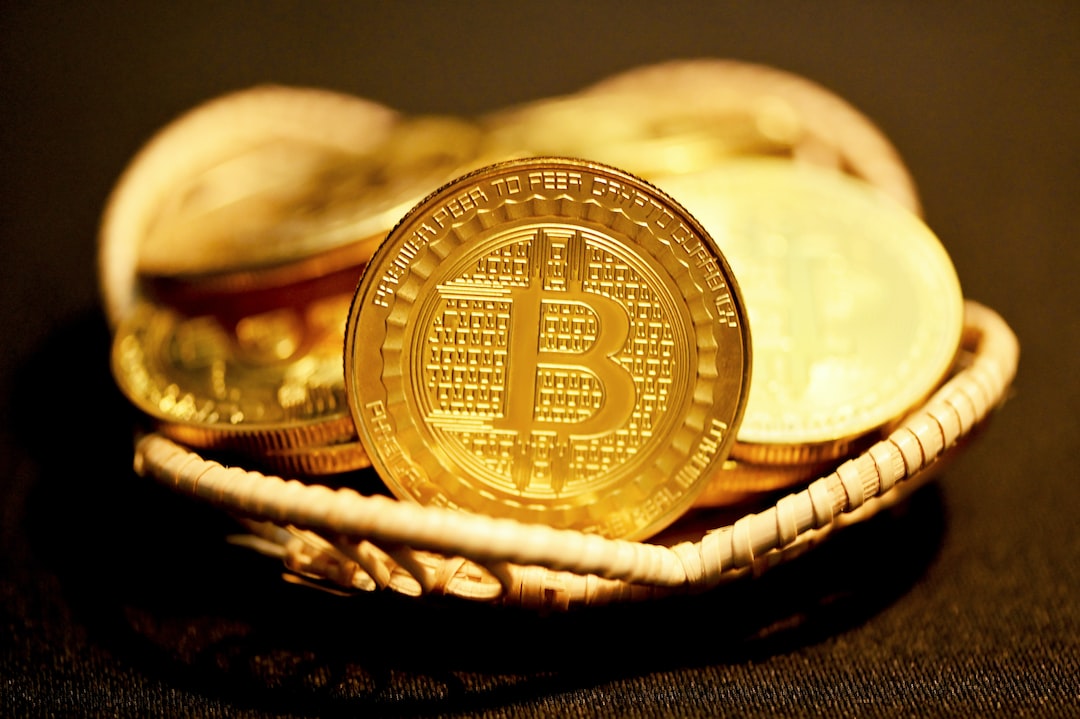The Changing Role of Banks
In the past, banks were seen as secure and reliable institutions, but their role has drastically changed over the years. Banks now operate with higher risk and have been granted significant powers over people’s money. Fractional reserve banking no longer exists, and some banks rely on government bailouts, funded by taxpayers or by printing more money. These changes have raised doubts about the safety and security of banks.
The Limited Benefits of Banking
Banks offer various financial services, including holding money and providing loans. However, the benefits for customers are limited. Interest rates on savings accounts are low, often below the rate of inflation. This means that customers’ money is losing value over time. Moreover, central banks have printed excessive amounts of currency, leading to a decline in purchasing power for ordinary citizens.
Banks’ Inefficiency in the Digital Age
Despite the closure of bank branches and the shift to online banking, the costs associated with maintaining physical establishments are still passed on to customers. Additionally, banks impose restrictions on who customers can send money to. These factors highlight the inefficiency of traditional banking methods in the digital age.
Scams in Banking and Crypto
While many banks refuse to let customers buy cryptocurrencies, including bitcoin, they themselves have been involved in various criminal activities. The argument that crypto is used for scams and money laundering overlooks the fines banks have paid for similar crimes. This bias protects banks from the competition posed by the crypto industry.
Education and Alternatives
To protect their hard-earned money, individuals should conduct thorough research and consider their options. Bitcoin is often considered the least risky cryptocurrency, although it still experiences volatility. Investing in bitcoin can be a way to preserve and grow wealth over the long term. Alternatively, keeping money in the bank exposes it to accelerating loss of purchasing power, as historical examples show that fiat currencies eventually become worthless.
Hot Take: Is Bitcoin a Safer Alternative to Banks?
With the changing landscape of banking and the diminishing benefits for customers, it’s important to explore alternative options for protecting your money. Bitcoin offers a potentially less risky opportunity for long-term wealth preservation and growth. While it is still volatile, its potential for maintaining purchasing power in an inflationary environment is worth considering. Ultimately, the choice between traditional banks and bitcoin comes down to educating yourself about the risks and rewards and making an informed decision about your financial future.





 By
By
 By
By

 By
By
 By
By
 By
By